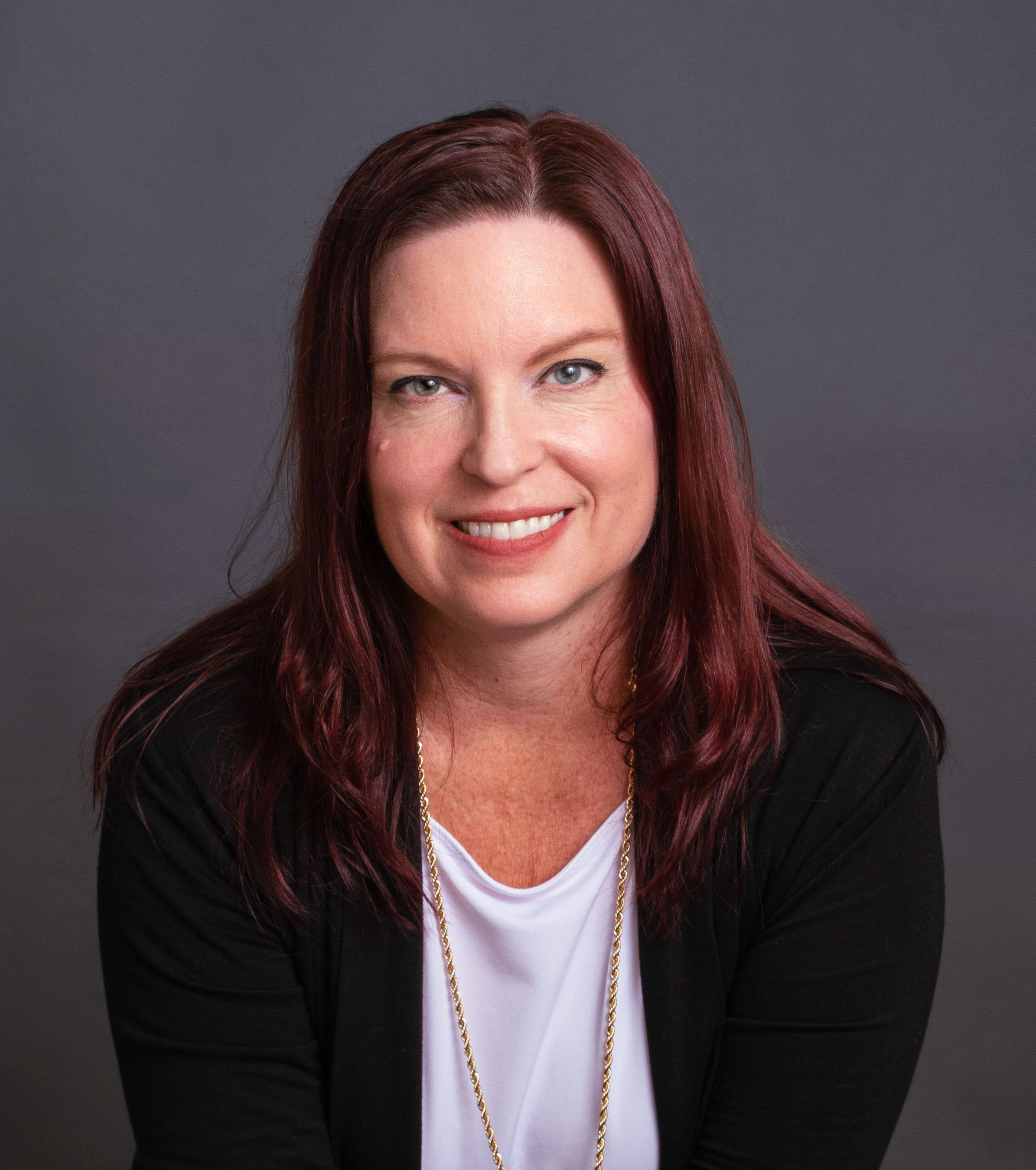It’s all THEIR Fault and what to do about it
Transcript
I am going to talk about when you think that it’s all the other person’s fault when you’re in a relationship. So occasionally, I will get a call from a partner that says, “It’s really not me; it’s all the other person’s fault. All the problems are their fault, and if they would just learn to do XYZ (usually it means to communicate), then all our problems will be fixed. But I can’t seem to do anything so that they’ll communicate with me.” Alright, let’s break this down.
Okay, I really feel for these people. Honestly, there are some situations where it really is the other person’s fault. For example, if you’re in a highly abusive marriage (emotional or physical) or if someone has an intractable kind of personality disorder (meaning they’re a sociopath or psychopath, officially called anti-social personality disorder). Borderline personality disorder (BPD), which I believe you can recover from (I’m a BPD specialist), is also a common one.
You can learn emotional regulation, how to soothe yourself, and how to relate better to the point where you really don’t meet the criteria. Recovery is possible, but it does take a lot of work.
The other common one is a narcissistic personality disorder, where someone really does meet all the criteria, and they really do always blame you and never take responsibility. They refuse to talk to you about certain things, and that type of thing.
So there are some situations where I’ll say, “Yeah, you’re married to someone or you’re with someone who isn’t doing some healthy relationship things.” Then it becomes a conversation about why you’re with that person if they refuse to change some of their patterns if they really do not take any advice that any professionals give them.
If you’ve tried everything under the book (which is often what they will say), and nothing has helped, then let’s talk about why you’re still there. Why are you still in a relationship that’s incredibly unsatisfying, and sometimes, depending on what’s going on, even if it’s abusive.
Now, I come from a place where it took me many years to leave an emotionally abusive relationship myself. I had two kids with my ex-husband, and I was not working. I knew I was in a tough financial position. There are some really good reasons that people stay.
Another reason is they feel like, “Oh, the person might get joint custody, and they don’t take care of the kids at all, or they’re abusive to the kids (not to the point of something I could report), but they don’t treat them well. So I’m going to stay to protect my kids.” I totally get that. I really do and have compassion for that.
I know for myself there was this moment I had where I was like, “Well, I can stay in this marriage and model this to my two girls: how to stay in an abusive marriage, and I can stay depressed, or I can have a chance at happiness.”
So for me, I chose the chance at happiness, and that was a long-term plan over several years to get myself financially stable and work all of that out and everything. And then, of course, we had to blow up way before that plan was implemented, where I was like, “Get out!” But that is history, and my ex-husband and I get along pretty well these days. All of that forgiveness has been worked on for many years.
But my point in saying that is, even in that situation, I would not say that it was all his fault. Really, I would never say that.
Sometimes, when that kind of relationship dynamic is going on where one person is refusing to talk or something like that, that’s a shutdown. Like what kind of safety is being created for discussing and solving problems together in a relationship, as couples face all kinds of issues such as child care, groceries, going out, mundane problems, and larger ones such as where to live and being close to family.
If a couple doesn’t navigate how to solve problems together in a way that feels good for both parties, then there’s some room to work on that.
If one person feels completely shut out and there’s no progress, it’s important to work on creating safety. If that doesn’t work, we’ll explore why you’re staying and look at those reasons and see what you want to do about this. Are you choosing to live unhappily? How do you balance that with your practical needs? These are all questions that come up when someone calls in and says it’s all the other person’s fault.
I stopped working with couples together a couple of years ago. Although I have extensive training in several different couples therapy systems, such as Gottman’s developmental level and Bergman, which only 15 percent of therapists have, many therapists do couples therapy without specific training.
I encourage you to check the credentials of your couple’s therapist. Nowadays, I work with individuals and help them create positive change within themselves to positively affect their marriages.
I ask hard questions, but if your goal is to stay married, I will work toward that goal with you.
Occasionally, I encounter someone who’s so entrenched in the idea that it’s the other person’s fault that they don’t believe they need to do the work. If that’s the case, and you’re getting into fairness battles and who’s doing more work, it suggests an unhealthy dynamic in your marriage. If you don’t want to work on it, that’s your choice. If you feel like it’s all on your partner to change, that’s okay too.
It’s worth noting that I get calls from both men and women.
If there’s a safety issue, such as physical danger to you or your kids, I recommend leaving as soon as possible and creating a safety plan. You can reach out to organizations such as Women in Distress in the U.S. or a similar organization in your area. Safety comes first.
In conclusion, I hope this gives you a better understanding of how I work and my thoughts on the matter.
Before you go, remember to get your Free Hypnosis to reduce Fear and Anxiety!
I work with people all over the world. If you want to feel better and have a transformed life, grab your Free Consultation with me to get the deets on working together (the how, the when, the where, and the how much)!
Click to Schedule a Free Consultation
Peace and Health,
Dr. Liz







